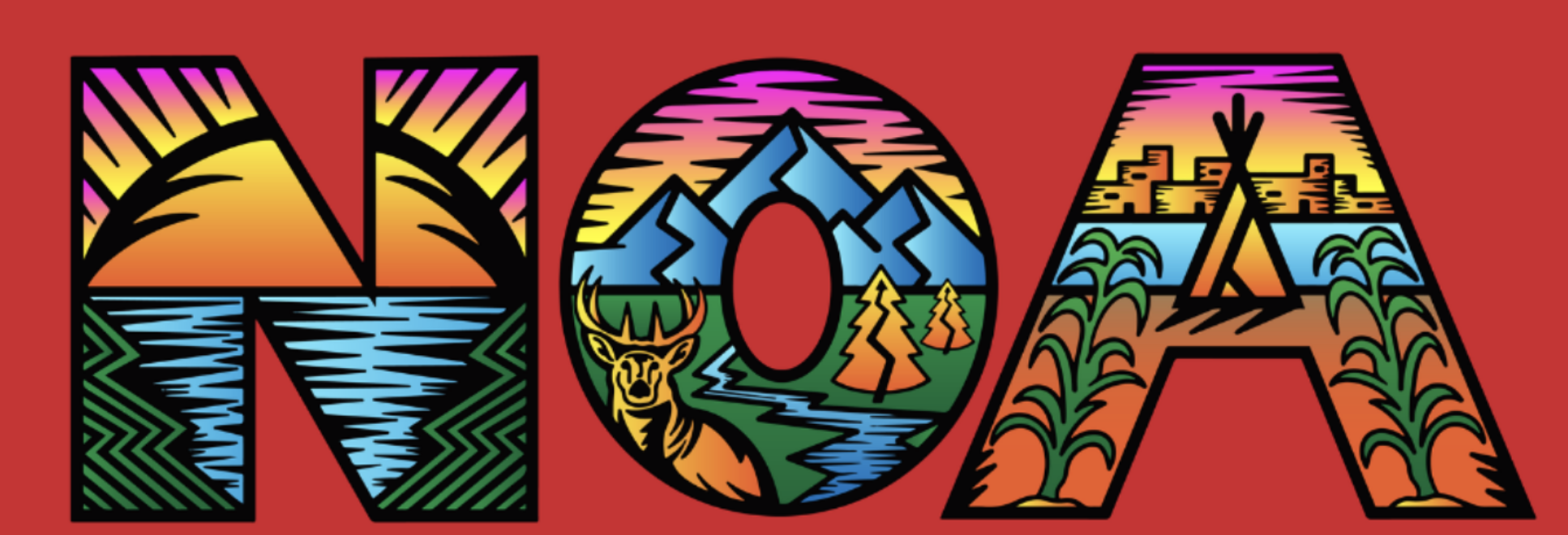
- Details
- By Native News Online Staff
As a Native person in this country, your voice matters. That’s the force behind the Indigneous Futures Study, an annual for-Native, by-Native survey aimed at capturing the voices and concerns for Native Peoples to add into the national conversation.
From now through the end of January, Indigenous people are invited to participate in the second annual study— launched by IllumiNative, Native Organizers Alliance, and Research for Indigenous Social Action and Equity (RISE) at the University of Michigan—designed to illuminate the experiences, systemic challenges, and priority issues of Native peoples today.
Organizers of the study say that, for too long, a lack of data on Native people has been used as a tool to render them invisible. Now, data collected in the study will help amplify the voices of Indian Country to decision-making bodies.
“The 2020 survey was the first opportunity for Native peoples and communities to share the challenges they face with a national audience,” director of Native Organizers Alliance, Judith LeBlanc (Caddo), said in a statement. “The results gave us a platform to advocate for change at all levels of government.”
Last year’s inaugural Indigneous Futures Study had over 6,000 participants representing 401 tribes from every state across the country. The results were used to inform Congress on the impacts of COVID on Indigenous communities, according to the group.
“We were able to take a step towards reclaiming our collective voice, showing that Native people are politically engaged and actively challenging the narrative,” LeBlanc went on to say. “We proved that our voices matter and that we will organize for meaningful change.”
The survey is confidential, and includes questions about participants' daily experiences, democratic engagement, and social issues facing their communities. It should take roughly 20 minutes to complete, and participants who chose will be entered into a raffle to win one of several prizes.
According to Amber Torres, Chairman of the Walker River Paiute Tribe, the results of this year's study will show what progress has been made from last year.
“The IFS results showed Turtle Island what the priorities were and also brought issues to the forefront…” Torres said. “The results in 2022 are very important for the fact that we need to see if we have made a dent in any of the issues that were brought up and where we need to continue to advocate for.”
To take to Indigenous Futures Survey, visit: https://indigenousfutures.org. The survey is open for Native peoples to participate until January 31, and participants must be 18 years or older.
More Stories Like This
Native News Weekly (August 25, 2024): D.C. BriefsNavajo Nation Mourns the Passing of Former Vice President Rex Lee Jim
Deb Haaland Earns Endorsement From Communications Workers of America Local 7076
University Soccer Standout Leads by Example
Two Native Americans Named to Democratic Congressional Campaign Committee's“Red to Blue” Program
Help us defend tribal sovereignty.
At Native News Online, our mission is rooted in telling the stories that strengthen sovereignty and uplift Indigenous voices — not just at year’s end, but every single day.
Because of your generosity last year, we were able to keep our reporters on the ground in tribal communities, at national gatherings and in the halls of Congress — covering the issues that matter most to Indian Country: sovereignty, culture, education, health and economic opportunity.
That support sustained us through a tough year in 2025. Now, as we look to the year ahead, we need your help right now to ensure warrior journalism remains strong — reporting that defends tribal sovereignty, amplifies Native truth, and holds power accountable.
 The stakes couldn't be higher. Your support keeps Native voices heard, Native stories told and Native sovereignty defended.
The stakes couldn't be higher. Your support keeps Native voices heard, Native stories told and Native sovereignty defended.
Stand with Warrior Journalism today.
Levi Rickert (Potawatomi), Editor & Publisher

